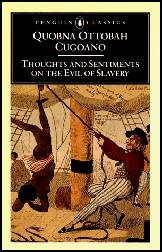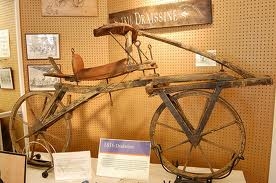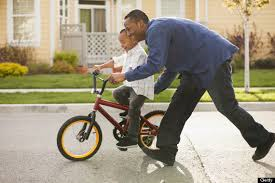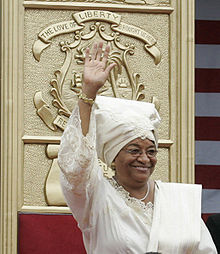Hope In a Ballet Shoe
“Never be afraid to be a poppy in a field of daffodils”

This evening is S.W.I.M’s highly anticipated event ’21 questions’. My hope is to tear open a few taboos and have an open conversation with young women. It is my belief that if we can invest our time into understanding the myriad of influences that are destroying their self-belief systems that we can combat them together.
I believe we can achieve a generation of empowered, whole, contented young women. I know this because they already have so much potential. Today’s tribute is Michaela DePrince. I thought it fitting to honour a young girl who has overcome and achieved so much against unbelievable odds.
Michaela is an incredible testimony to inner-strength, determination and perseverance. She is a true survivor.
Michaela was born in Sierra Leone. Her father taught her to read at a time when it was rare for girls to be educated. When her father died, she and her mother were then taken in by an uncle. He was abusive and her mother died soon after from Lassa fever.
Growing up as an orphan in Sierra Leone, Michaela saw many of her loved ones killed by rebel soldiers who invaded her village and brutally slaughtered every man, women and children.
Michaela has the skin condition Vitiligo, and because of this she often found herself alone. She was nicknamed ‘the devils child’ due to her appearance.
During her time at the orphanage, Michaela witnessed the death of one of her pregnant teachers. The teacher, one of the few who had been kind to Michaela was to suffer an awful death at the hands of the rebel soldiers who were notoriously violent and particularly at night. They were known to cut open pregnant women to see what sex the foetus was.
“If they found a boy they would let the woman go, or kill the mother and save the child,” explains DePrince “But they found a baby girl when they cut my teacher’s stomach open, so they cut her arms and legs off.”
Michaela ran out after her teacher and a younger soldier took a machete to Michaela’s stomach. She blacked out.
The soldiers eventually took over the orphanage and the children and teachers fled to Guinea despite being warned not to by the rebels. They walked past hundreds of dead bodies and Michaela remembers that some still had the look of ‘terror’ on their faces.
Throughout this time Michaela had a single possession; a magazine cutting she had of a ballerina. She would look at it might and day, fascinated by her poise and grace. Once at the orphanage in guinea, the children, were all given numbers, 1 to 27, and they were told they were all matched with adoptive American families.Those numbered ‘1’ were considered the most favourable for adoption. Michaela was numbered 27 – the least favourable. She was rejected by 12 families.
However, Michaela’s friend, Mabinty, was soon adopted by an American lady called Elaine DePrince. Elaine and Charles DePrince (a couple who had lost their sons to haemophilia) decided they couldn’t separate the girls and so they took Michaela as well.
In America, Michaela also got her chance to practice ballet dancing, with the full support of her new mother Elaine.
The treasured clipping Michaela owned turned out to be Magali Messac a dancer for the Dutch National Ballet. As fate would have it, in August 2013, Michaela would become a ballet dancer, joining the very same company.
Michaela now tours the world with her talent. She says people still have racial stereotypes about her ability, and recalls overhearing one American lady saying that ‘black girls should not be in ballet as they are too athletic’.
However, Michaela is a survivor of one of the most brutal regimes in the world. Once she had found freedom nothing could stop her from achieving her aspirations. What an extraordinary inspiration for us all.
“My resolve is to be true to myself and never let anything get in the way of my goals”

She has appeared in the ballet documentary “First Position,” as well as on “Dancing with the Stars, Good Morning America,” and “Nightline.” Her memoir ‘Taking Flight’ is available to buy on Amazon.
Join me tomorrow for Day 8 of Diahanne’s Daily Tributes.
#rhineysdailyshoutouts
#blackhistorymonth























